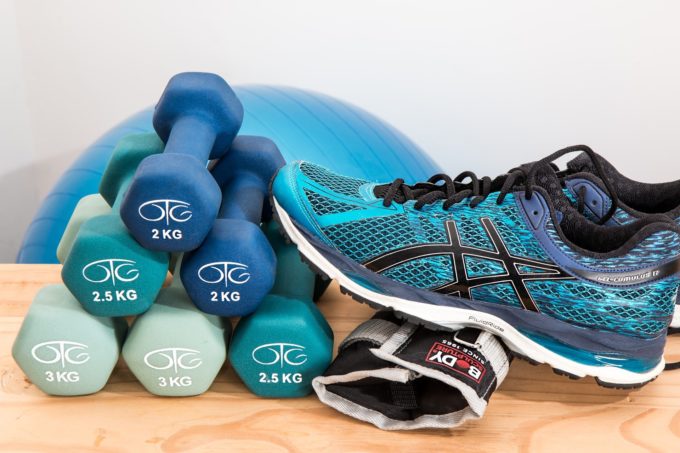
Making a resolution is an age-old tradition in the United States. Year after year, the most popular resolution is to make healthier choices and last year was no exception to this. While we all have good intentions on January 1st, studies show that only about 8% of resolution makers actually achieve what they set out to do. According to Business Insider, one of the main reasons resolutions fail is because they are not specific enough.
When it comes to classification, most seasoned importers and exporters will tell you that specificity is crucial in determining the correct classification of a product. In light of that, we here at Export Solutions want to offer you one critical, very specific resolution you must make this year:
Update Your HTS/Schedule B Classifications!
Every January, the Harmonized Tariff Schedule (HTS) and Schedule B are modified, but this year is different. On January 1, 2022, the 7th edition of the HTS was “released.” It is still marked as ‘preliminary’ with the changes being effective at the end of January. Every five years, the World Customs Organization (WCO), made up of representatives from 183 world-wide customs administrations, conducts a general review of the Harmonized System.
This review resulted in a whopping 351 sets of amendments and it is highly likely that some of your products were affected. Smartphones, medical products, Unmanned Aerial Vehicles, electric vehicles, chemicals, and electronics are among the products affected by the changes. In light of the recent health crisis, more clarity has been added to chapters containing vaccines, cell cultures and therapy, and clinical trial kits.
AESDirect is still accepting outdated HTS and Schedule B codes, however, the system has been updated to reflect the 2022 changes so exporters can begin using the updated codes now. The grace period for the outdated codes will go through January 31, 2022, after which exporters will receive a fatal error for any outdated codes.
Additionally, Census has updated the list of HTS codes that are not valid for the Automated Export System (AES). For these, exporters will need to use the Schedule B. If you don’t know the difference between an HTS number and a Schedule B number, this blog will help you navigate that.
We will let you decide if updating your classification matrix is more appealing than eating a salad and spending time at the gym, however, it will end up being critical in the next few weeks. This is one resolution you do NOT want to fail at! You should begin reviewing your items against the new HTS codes as soon as possible and make sure to replace any old links or past copies of the HTS.
Unfortunately, Export Solutions cannot manage your health plan, but we are experts in classification. If you need assistance in determining classifications for your products or updating your classification matrix, please contact Export Solutions for a no sugar, zero-calorie free consultation.
Emmalie Armstrong is a Trade Compliance Consultant with Export Solutions – a firm specializing in U.S. import/export regulations.
